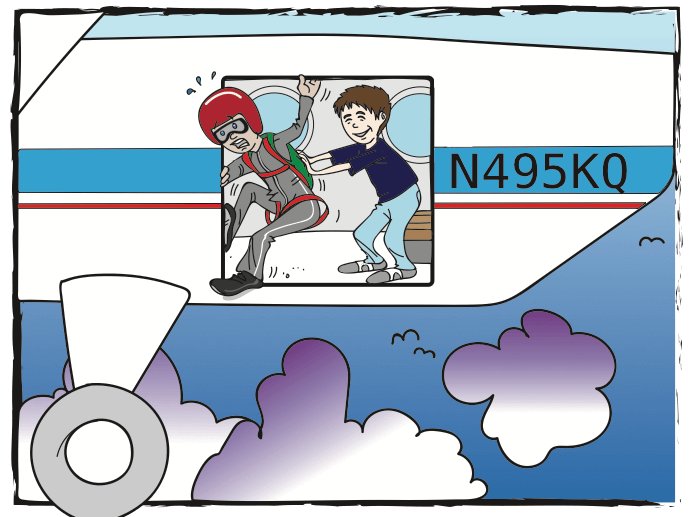ABC OF INQUIRY – COMFORT ZONE
COMFORT ZONE: I’m in the zone…
The term comfort zone and moving outside your comfort zone has become a catch cry and can give permission for all kinds of practices that push learners beyond what is known and comfortable. Teachers, parents and schools have to be thoughtful and examine this invitation to push learners beyond their comfort zone. Framed in this way pushing someone beyond their comfort zone suggests the ability and willingness to step outside this zone is the sole responsibility of the learner. It takes the gaze away from who is doing the pushing, who has decided what, who and how this pushing will be done and to what purpose. Comfort Zone is a political term that hides power relationships, reifies particular practices and makes invisible the need for an environment that values mistake making and risk taking and is requiring of those in charge to ensure students feel safe and new learning scaffold are crafted with skill, respect and grace.
“Comfort zones” of students can often be perceived or determined by those outside the immediate experience of the learner themselves. It might be more useful to think about ideas of resilience, adaptability and positioning, rather than comfort zones.
If you are in a school or a community that values notions of ‘comfort zones’ here are some questions to consider
-
-
-
- Who has decided what defines a given comfort zones?
- Who has decided what actions will be used as markers that the comfort zone has been crossed?
- Who do these ideas serve or limit?
- Who does moving a learner beyond a defined comfort zone serve?
- How might the criteria for ‘comfort zone’ be defined differently if individual students were asked for their input about their own knowing of what constitutes a comfort zone?
- What power relationships are hiding in the success criteria for moving beyond the ‘comfort zone’ ?
- Are certain cultural, gender, social, etc practices being disappeared or valued more by the success criteria for moving beyond the ‘comfort zone’ ?
- What other possibiltles for developing resilience and adaptability exist beyond ideas about ‘comfort zones’ ?
- When might it be important for a person’s particular comfort zone to be respected and left well alone?
BCW will now use ‘They — themself’ as a singular, gender-neutral pronoun in all subsequent material generated on our website.
All Rights Reserved © 2018 Beconwiz All ideas and illustrations are the property of BeConWiz.

BeConWiz Ideas and Thoughts by Carla Holmes, Mary-Denese Holmes, Pearl Holmes is licensed under a Creative Commons Attribution-NonCommercial-NoDerivatives 4.0 International License. Based on a work at https://beconwiz.com. Permissions beyond the scope of this license may be available at https://beconwiz.com.


